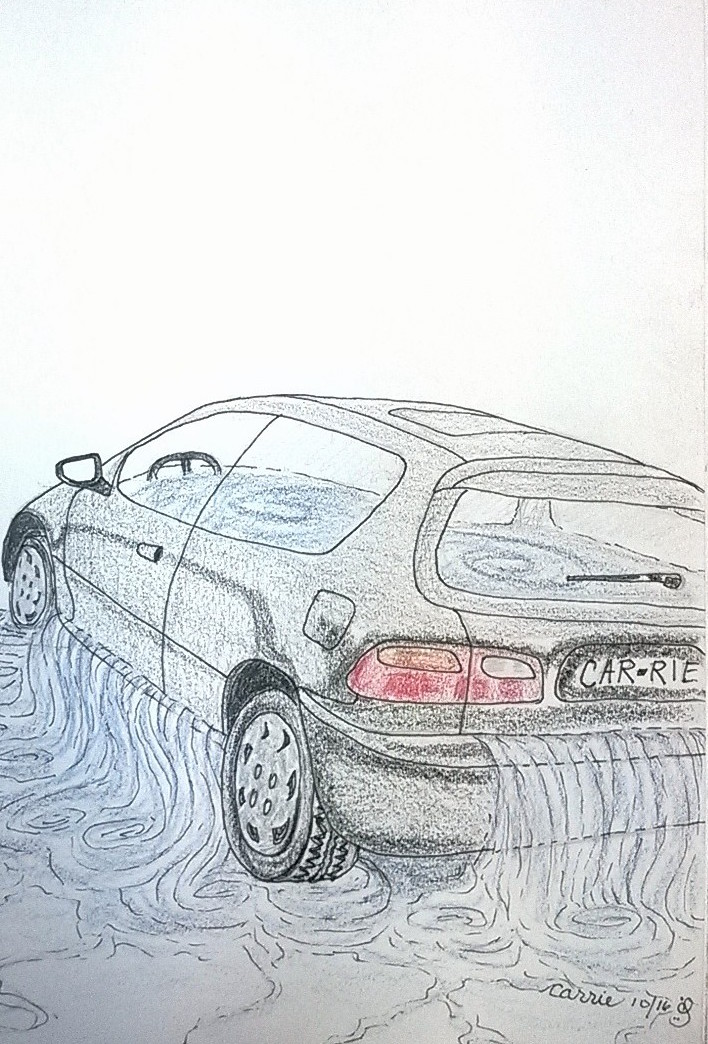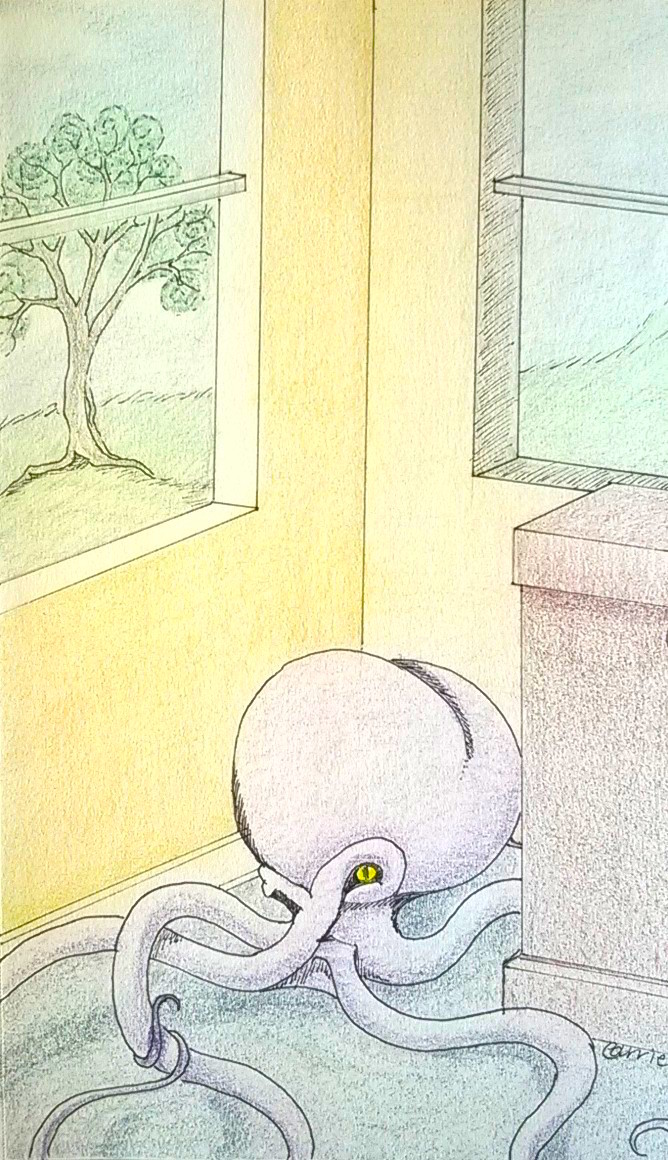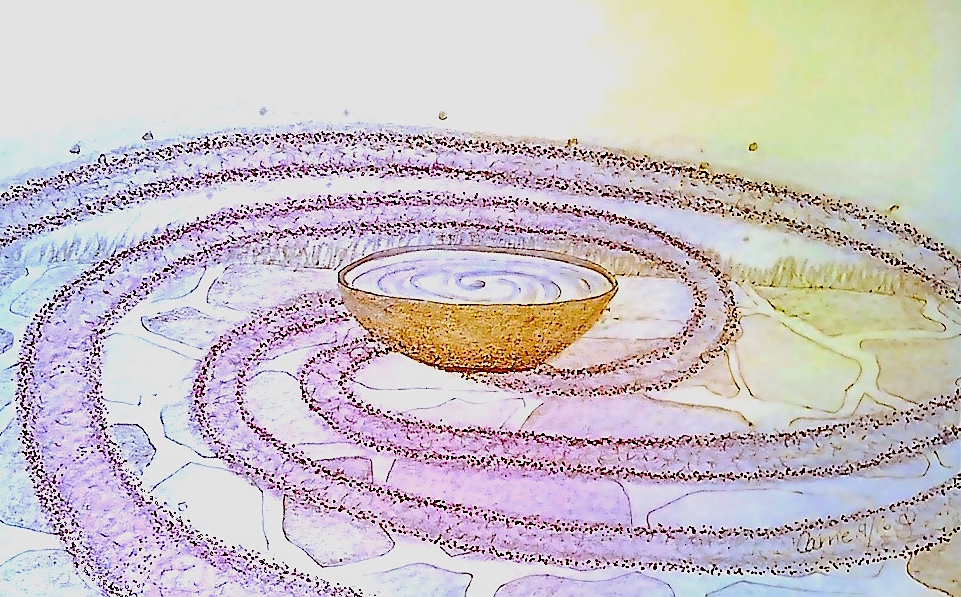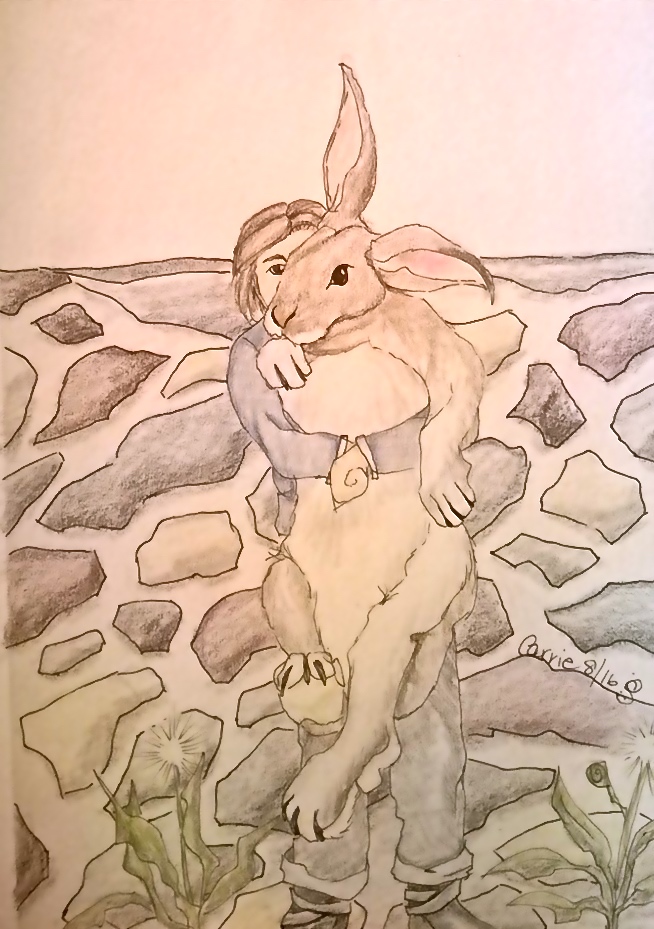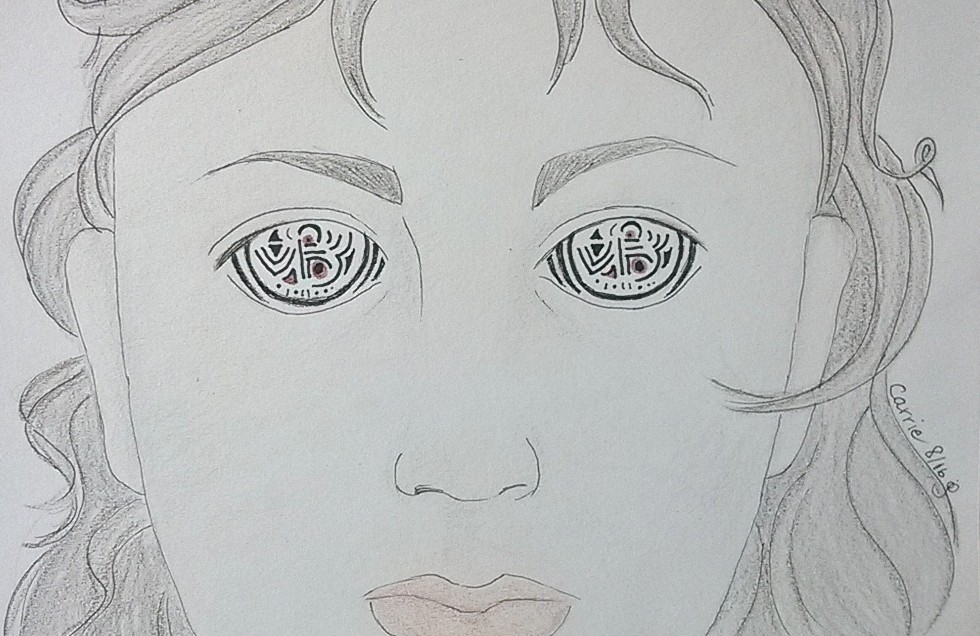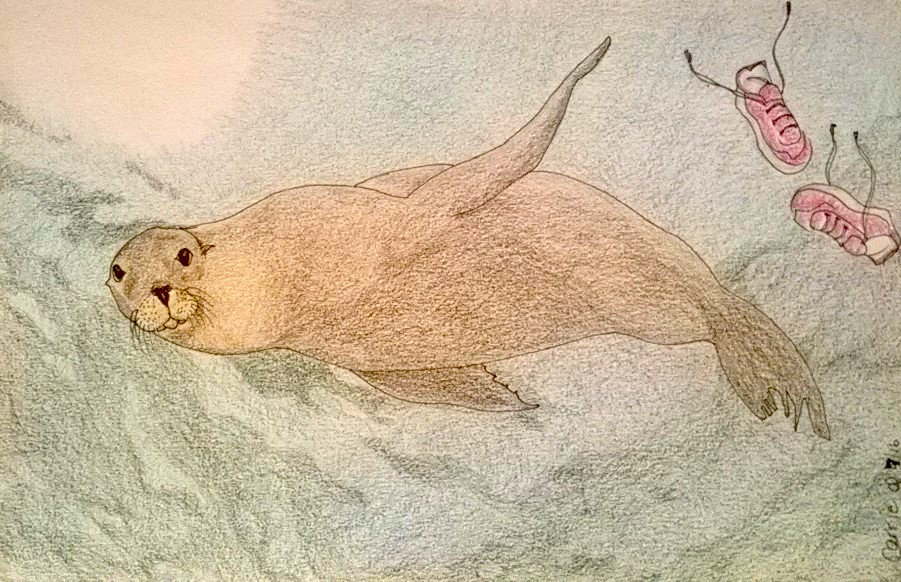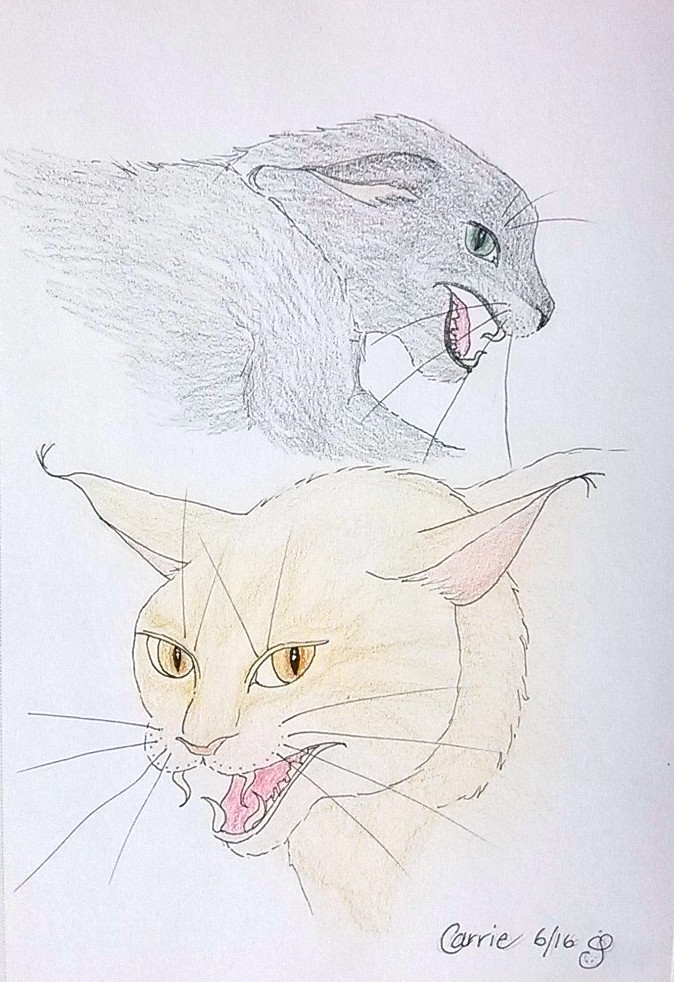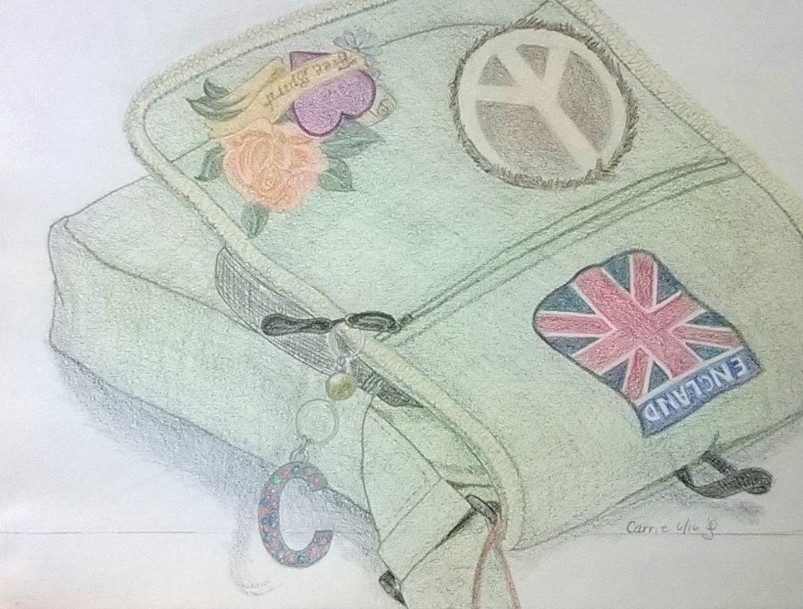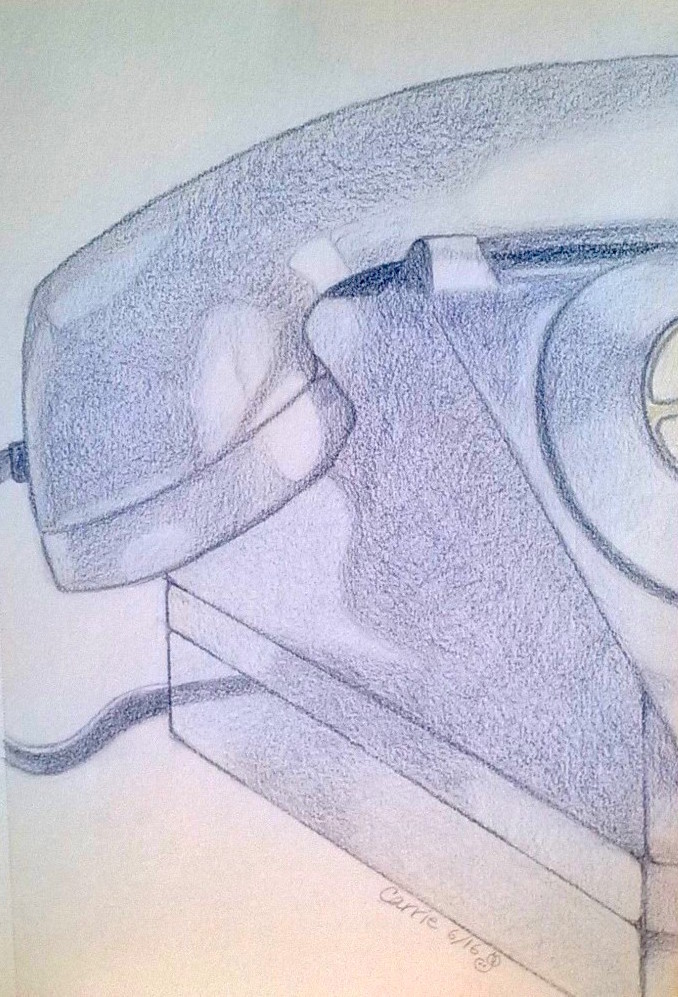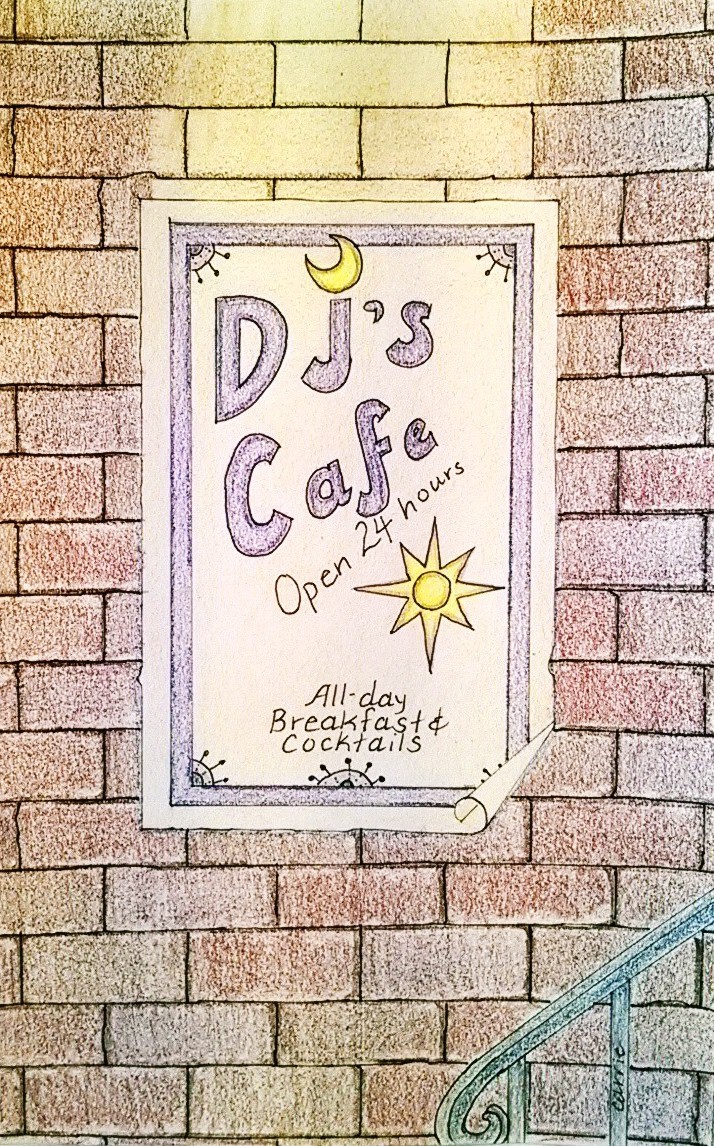
Shut the car’s door. Leave it. Walk away. Cross the wide street, dodging traffic, darting between parked cars. Hands upon the door – glass cool beneath fingers’ touch. Enter the café. Pause to scan the interior from the threshold. Pendant lights shed a warm, welcoming glow over booths and small tables. Quiet murmur of conversations. Locate him. Seated in a bentwood chair, he leans forward, shirtsleeves rolled up, elbows on table. Across from him, on the upholstered bench, a second man nods, interjects, listens.
Descend three steps. Weave between tables clustered about the dark-tiled floor. Sit down on the bench nearest his table. Don’t interrupt – he discusses business. Also, the baby needs attention. Nine-month-old April. Balance her on one knee as you wait, hands spread to cup and support her small form. She is a contented froth of white-clad lace and ribbons, taffeta and crinolines.
Another woman, clad in crisp dark skirted suit and hat, slides down the bench, asks: “Do they have a date?”
A date? Search her face for understanding – skin thin as parchment, creased at the corners of her eyes, downward at her mouth’s edges. Her expression yields nothing. Scan the café again, observe the small clutches of people – mostly men discussing business. Observe the women – all plain-clothed, practical, narrow women. Women with infants of various ages. Women waiting. Nannies?
Tell her, “No. No date yet.”
The woman nods shrewdly, asks: “What are your hours?”
Tell her, “Mornings. Evenings. Most afternoons.” Hold April closer. Feel her warmth, her aliveness, the pleasing weight of her. Inhale the fresh infant scent of her.
The woman seems surprised, says: “I only have the day shift – that’s enough.”
Smile at her. She doesn’t understand. She doesn’t know.
The men finish their discussion, rise to depart. Time to go. Lift April – taffeta crinkling – balance her on one hip. Follow the men around the tables, across the café, outside. Pause briefly to consider poster on wall – “DJ’s Café”; curling periwinkle and white paper on old brick.
Shoulder the door open. Step outside, into crisp Autumn. Realize the men have drawn away – across the street, into the dappled shade of the tree-lined park, brightly studded with the colored silk tents of a fair. Holding April close, hurry across the street to catch up. Lose sight of them amongst the shifting current of fairgoers and performers.
